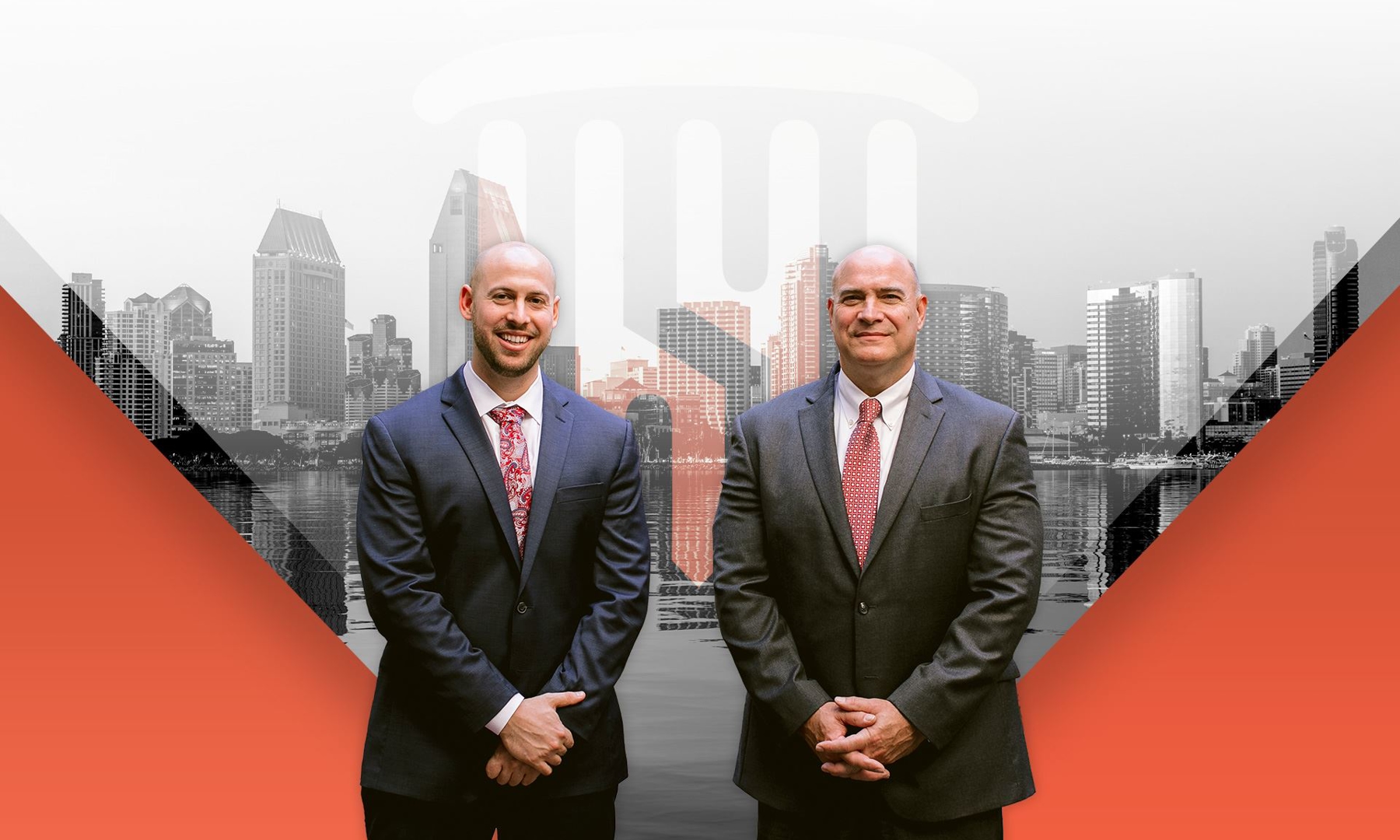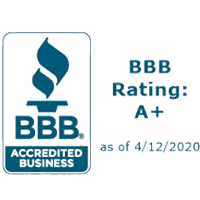
Ask the Attorney: Workers’ Compensation
Frequently Asked Questions About Workers’ Compensation
Here are attorney James Sexton’s answers to some commonly asked questions about workers’ compensation. To get legal guidance about your specific situation, please call our firm at (619) 202-8976 or contact us online. We offer free consultations in Chula Vista and Oceanside.
Should I Hire a Lawyer to Help with My Work Injury Claim?
Workers’ compensation law is ever-changing. Years ago, work restrictions were dependent on what kind of impairment a person’s injuries caused. Different adjectives were equivalent to certain percentages of impairment. They have totally done away with that older system and have replaced it with different formulas and calculations.
It is like a maze of going through the system, and the normal person certainly feels overwhelmed. Often, the people who come to our office for consultations end up becoming clients. They are here because they are overwhelmed with the system; it is not a perfect system by any means.
Adjusters for insurance companies are hard-pressed to keep costs down, keep payouts down, keep treatment down, and to deny things if they can. When they do these things, it is an attorney’s job to counteract them and get the treatment that the injured worker should have.
They recently changed the vocational rehabilitation system. Now, attorneys do not have a lot to do with vocational rehabilitation, but there are still many rules that need to be followed so the injured worker does not lose that benefit entirely.
There are certain time frames in which injury victims need to request vocational rehabilitation; they have put a 2-year cap on it. If you do not request it within 2 years from the finalization of your case, you lose it — before there was no deadline or ceiling on it.
When things are denied, you have to appeal. There are deadlines for appeals, too. They have to be submitted in a certain amount of time, and injured workers without attorneys often miss those deadlines.
As attorneys, our job is to help people get their case moving and get the benefits they deserve. We represent injured people and help them get what they need. The workers’ compensation system certainly has flaws in it, but it is all we have to work with. We want to make sure we maximize everything we can for our clients and recover fair compensation.
What Are the Workers’ Compensation Laws in California?
In California, almost all employers are required to have workers’ compensation insurance.
Workers’ compensation benefits are based on impairment. You are given money based on how your injury impairs your ability to work. You do not get money for pain and suffering like you would in a car accident case.
The workers’ compensation insurance company of your employer is responsible for paying medical bills. Conversely, in a car accident case, that money would come out of your settlement.
The workers’ comp insurance company also pays temporary disability benefits if the injured worker is unable to work for a certain period of time. Temporary disability benefits are generally two-thirds of the worker’s average weekly wage. So, if you were earning $600 a week gross before they took out taxes, the workers’ compensation insurance company would give you $400, tax-free.
The workers’ compensation system in California provides a monetary award for impairment, called permanent disability benefits. If you get a 10% permanent disability rating, it does not mean you are 10% permanently disabled. It means if you hurt your back and there are 100 representative jobs in California, you are not going to be able to do 10 out of those 100 jobs. If you are not able to do certain jobs, you can earn compensation.
What Happens if a Doctor Says an Employee is Unable to Return to Work After an Injury Sustained at Work?
Cumulative trauma injuries are injuries that happen over time. They are commonly seen in people who do a lot of data entry; for example, a person who is typing a lot may develop carpal tunnel syndrome in the wrists. Alternatively, specific injuries are the result of one-time accidents.
Under the workers’ compensation law in California, cumulative trauma and specific injuries are treated the same way with the same types of benefits. If your injury prevents you from going back to work, you may be entitled to vocational rehabilitation. So, if you cannot go back to work because you got hurt, you have to be retrained in a different field.

Why Hire The Sexton Law Firm?
Get the Representation You Deserve
-
We Listen to Your Story and Create a Strategy to Achieve Your Goals
-
With offices in Chula Vista, Oceanside, and La Mesa, we serve clients throughout all of Southern California
-
We Offer Free Consultations - Regardless of the Legal Matter
-
We Offer Phone and Video Consultations For Your Safety and Convenience
-
We Are Bilingual and Serve Our Clients in English and Spanish
-
We Are a Family Owned and Operated Law Firm
Attorneys Dedicated to Protecting Your Legal Rights







